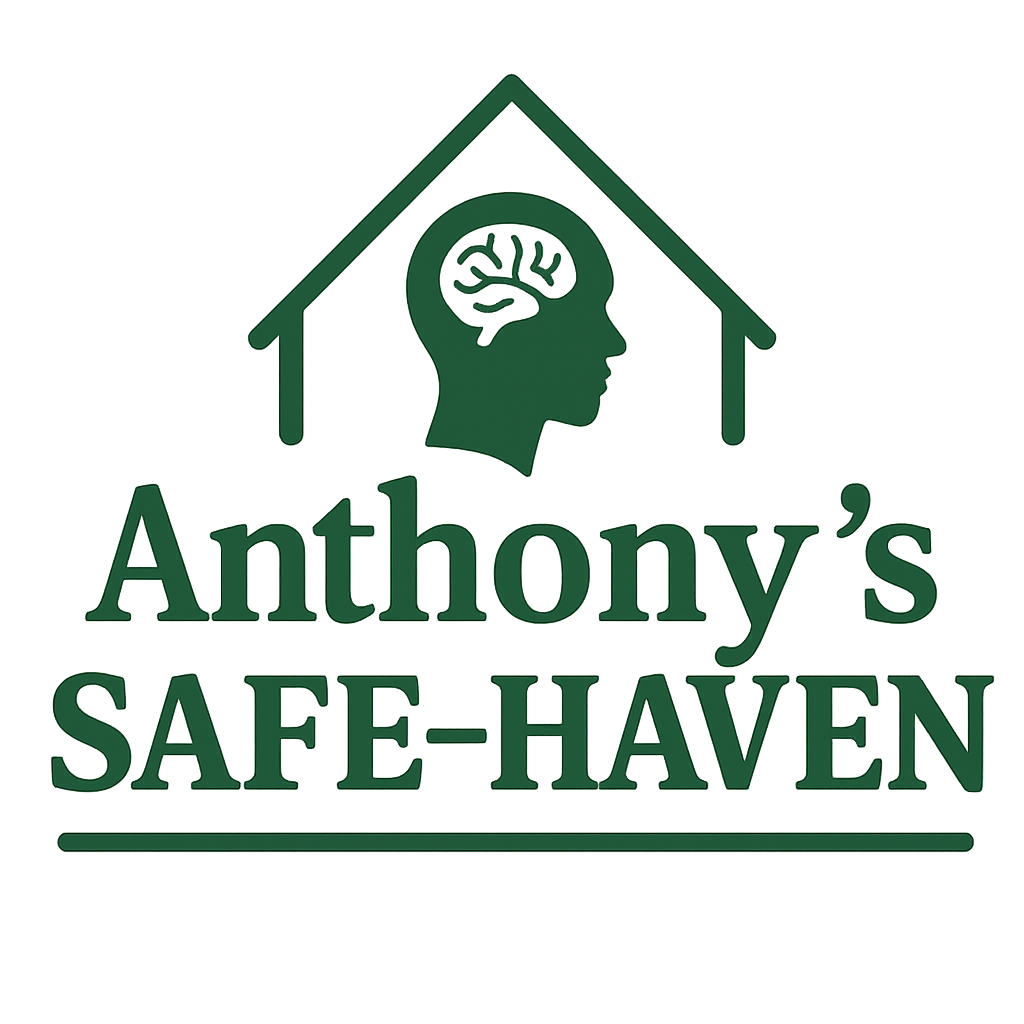Our Approach
We believe that healing doesn’t happen in a vacuum, and it doesn’t look the same for everyone.
That’s why we offer a whole-person, whole-community approach rooted in compassion, connection, and culturally responsive care. Our model blends clinical therapy with practical, emotional, and spiritual support systems designed to help people thrive, not just survive.
🧠 Clinical & Trauma-Informed Therapy
EMDR, Somatic Therapy, DBT, & Trauma-Focused CBT
Psychoeducation to teach clients how trauma affects the brain, body, and relationships
Equine & pet-assisted therapy for nervous system regulation and relational healing
🤝 Mentorship & Relational Support
Staff and mentors model healthy, consistent relationships
Residents and clients are offered peer support and connection, not just services
🧩 Life Skills & Empowerment
Real-life education: emotional regulation, financial literacy, communication, boundaries
Clients and residents are given tools to navigate the world with confidence and clarity
🌱 Cultural & Spiritual Healing
Our spaces honor cultural identity, lived experience, and spiritual practices
We believe healing should affirm who you are, not ask you to erase parts of yourself
🏡 Family Support & Reunification
When possible, we help bridge the gap between systems and families, supporting mothers, fathers, and caregivers in their healing, too
Our goal is restoration, not just separation
We’re not just a therapy program.
We’re a healing ecosystem, designed to hold, uplift, and transform.
Our Philosophy
We believe that healing is possible—not just for individuals, but for entire families and communities.
We don’t “treat symptoms.” We treat people.
People who have experienced neglect, abuse, abandonment, or systemic failure—people who deserve compassion, structure, and a chance to rewrite their story.
Statistics show that over 70% of individuals with complex trauma develop attachment injuries that can lead to disorders like RAD or Borderline Personality Disorder. That’s why we prioritize relational healing—providing consistency, safe attachments, and opportunities to rebuild trust.
Our philosophy is simple:
People are not problems to be fixed—they are stories that need support.
Healing takes time, but it also takes truth, safety, and love.
Education is power. When people understand what trauma has done to them, they stop blaming themselves—and start healing themselves.
We are not just clinicians. We are educators, mentors, and space-holders.
This isn’t about programs.
It’s about people.
